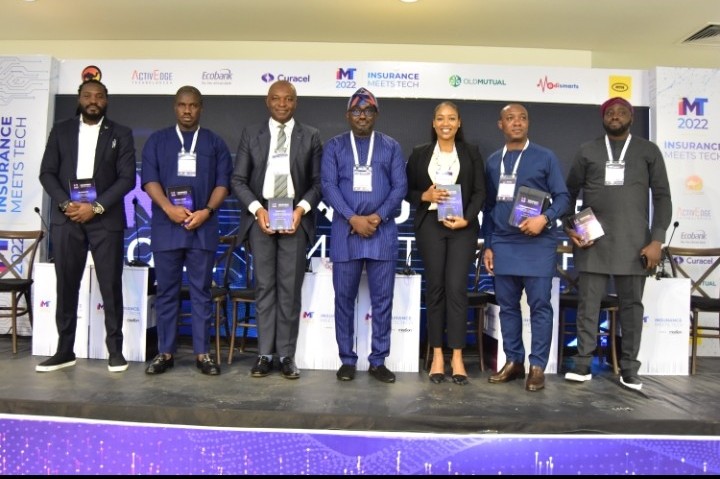Sequel to the Central Bank of Nigeria’s recently released cash withdrawal limit memo, the Senate has now issued a fresh order to CBN over the cash withdrawal policy as it called on the apex bank to conduct an upward review of the proposed N100,000 per week for individual and N500,000 per week for corporate bodies in response to public backlash.
The Upper Chamber has mandated its Senator Uba Sani, APC, Kaduna Central led Committee on Banking, Insurance and other Financial Institutions to embark on aggressive scrutiny of the Bank on its commitment to flexible adjustment of the withdrawal limit and periodically report the outcome to the Senate.
The Senate however supported the CBN in the continuous implementation of transformational payments and financial industry initiatives in line with its mandate in accordance with the CBN Act.
Following a contentious discussion on the proposed policy following the Chairman’s presentation, the Senate adopted the report of Banking, Insurance, and Other Financial Institutions on Wednesday.
In his presentation of the report, Senator Uba Sani argued that the planned Cash Withdrawal Limits was well conceived by the CBN for transformation of the Nation’s economy and that the action falls within the mandate of the Apex bank as provided for in section 2(d) and 47 of its extant Act.
According to him, the implementation of the Cashless policy in 6 states resulted in reduction in the cost of currency management by 15.20% from N36 97 billion to N31.35 billion between 2013 and 2014. The trend however reversed in 2014 following the suspension of cash deposit charges in the six states currency handing cost increasing by 17.20% between 2014 and 2015 following the suspension. The cost of currency management has been on the increase since then, Total cost of currency management for 10 months to end October 2022 was N47.25 billion.
The proposed withdrawal thresholds of N100,000 for individuals and N500,000 for corporate entities per week, respectively, were criticized during debate on the report and recommendations that were later adopted as resolutions by Senator Ajibola Basiru, APC Osun Central. He stated that laws should be made for people and not for laws to be made or created for people and as representatives of the people, the Senate must step in if the CBN is enforcing a policy that will make life difficult for Nigerians in accordance with sections 2(d) and 47 of its current Act.









